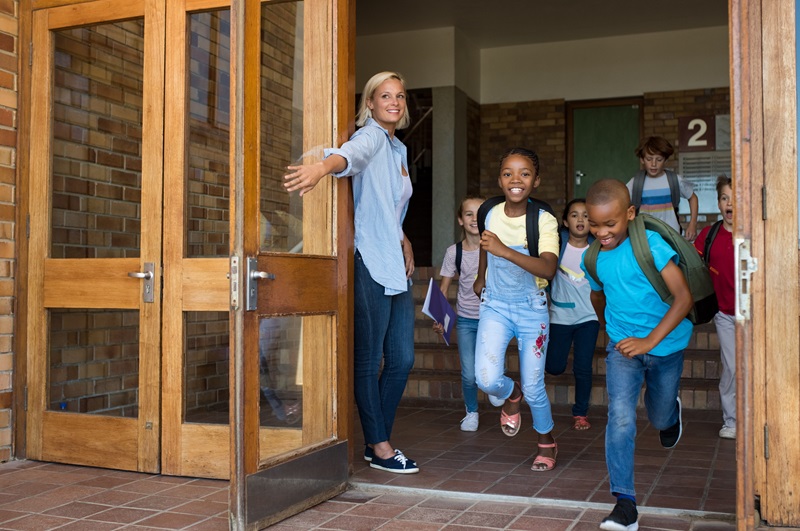In the journey of collaborative divorce, schools can be powerful community resources, offering support, guidance, and a neutral ground for parents to come together in the best interest of their children. Divorce is undoubtedly a challenging process, impacting not just the couple involved but also their children. Amid emotional turbulence, collaborating and navigating the divorce process amicably can make a significant difference. One often overlooked resource in the context of collaborative divorce is the support that schools can provide.
- Counseling Services:
Many schools offer counseling services for students dealing with personal challenges. Collaborative divorce involves open communication and emotional support, and school counselors can play an essential role in providing a safe space for children to express their feelings. Do you know the makeup of your child’s counseling department? Do they offer any counseling services for children whose parents are going through a divorce?
- Educational Workshops for Parents:
Schools can organize workshops and seminars focused on educating parents about the impact of collaborative divorce on children and effective co-parenting strategies. These events provide an opportunity for divorcing couples to come together in an unbiased environment, fostering collaboration for the well-being of their children. Attending such events can be a proactive step for parents seeking a collaborative approach to their divorce.
- Parent-Teacher Conferences as Mediation Platforms:
Parent-teacher conferences can serve as informal mediation sessions, allowing both parents to discuss their child’s progress and well-being. Teachers can act as mediators, facilitating communication and encouraging a collaborative co-parenting approach.
- Shared Decision-Making for Extracurricular Activities:
Schools often play a pivotal role in extracurricular activities. Collaborative divorce includes shared decision-making, and parents can extend this principle to their children’s school-related commitments. This cooperation benefits the children and reinforces a sense of shared responsibility.
By leveraging the resources provided by schools, divorcing couples can build a foundation of collaboration beyond the classroom, positively impacting their family’s overall well-being. Collaborative Practice Kansas City serves families within the Kansas City Metro area. Contact us today at 913-380-2560 if you have questions about Collaborative Divorce.

